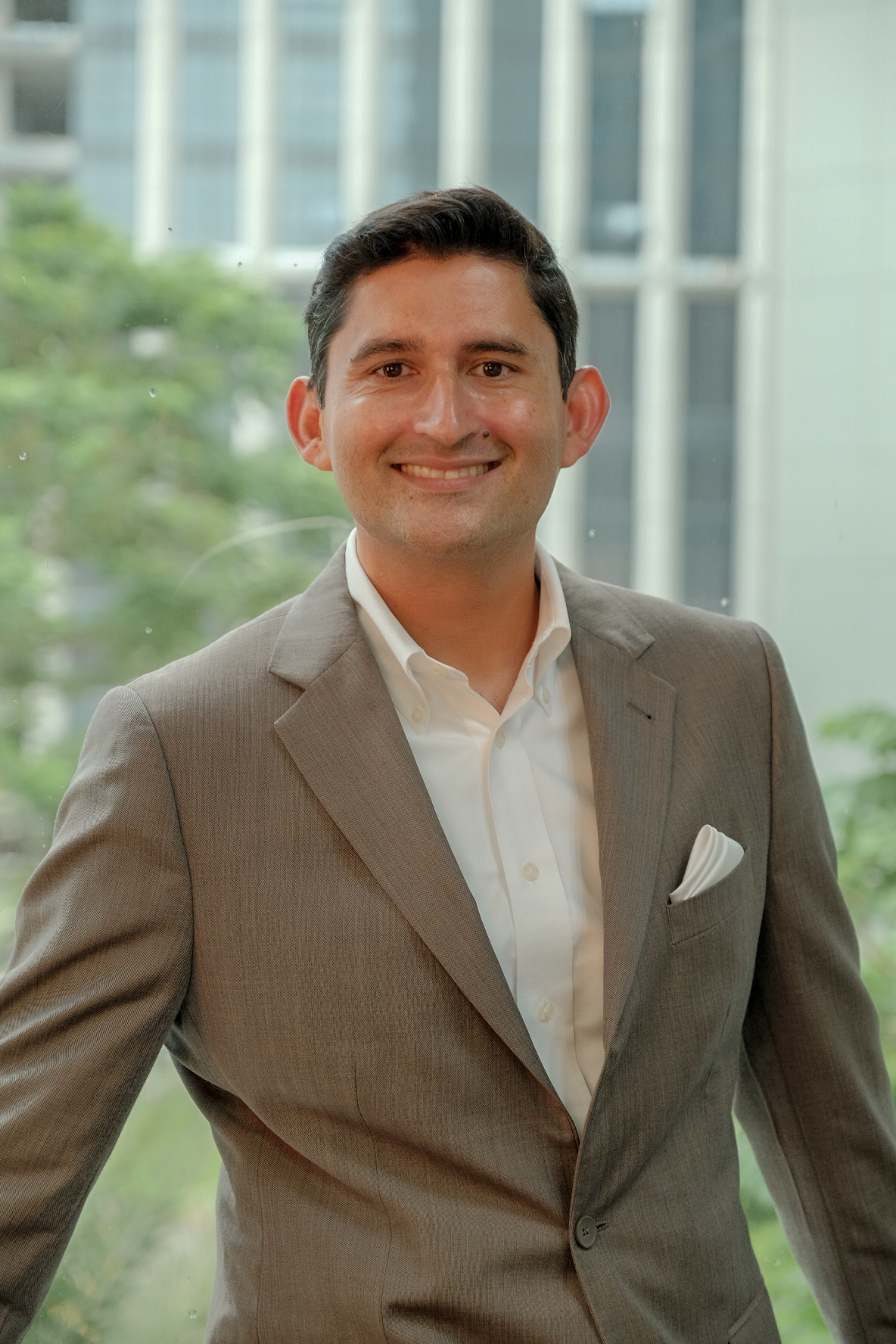


When the COVID-19 pandemic spread across the world, Capital One Philippines led its associates home to protect their health and ensure the resilience of their business. This move was challenging but according to Oz Parvaiz, President of Capital One Philippines, it is perhaps one of the greatest learning experiments in modern business.
A global benchmarking study by NTT showed that 79% of organizations believed that their teams preferred to work onsite, but only 39% of their actual workforce wanted the full-time office work arrangement. Even the employees were divided – 39% onsite, 30% hybrid and 30% remote.
With this data, Parvaiz and his team realized that no one knew the definitive path to the future of work. Parvaiz shared a story often told on US college campuses. He said when architects build two college buildings across from each other, instead of immediately laying concrete for walking paths they wait for natural pathways to develop from foot traffic. Only then do they add concrete walking paths.

So in terms of figuring out the way forward, Parvaiz and his team "agreed to see the pathways before laying down concrete on the future of work."
In March 2022, Capital One Philippines invited 15 industry leaders to a Future of Work Roundtable to see the emerging pathways of work. They also commissioned a benchmarking study led by Mckinsey, which included 65 different companies in the region. The study gave them an understanding of the evolving needs of labor markets and provided them with a roadmap on creating a virtual work experience and culture.
“Initially, I was worried that our own biases and preferences would prevent us from understanding the needs of our associates and at a larger scale the leanings of the labor market. So, we surveyed our teams to understand their preferences; met with industry leaders to discuss different workspace experiments, and launched a benchmarking study to see which experiments were winning,” said Parvaiz.
The research showed the work-at-home-hybrid preference is strong–68% globally, 84% in the Philippines and 97% at Capital One Philippines, and that companies need to reimagine key parts of the associate experience, such as flexibility, the role of leaders, the office building, connection, benefits and self-care.
While it is easy to understand what people mean by work at home, it’s harder to know what people mean by hybrid. When people say they prefer hybrid, do they mean three days per week or three days per month in an office building?
Capital One Philippines found that 90% of its teams want a system where they’re predominantly working from home and will come to the office once or twice a month for team engagement activities.
The company asked its teams to report onsite only once a month for team building activities which could include standard team meetings and engagement activities. The HR, Finance, Legal, and Communication teams report onsite on a need-basis. They call this concept “radical hybrid.”
“While we understand most people on our teams are embracing ‘radical hybrid,’ we also want to make sure flexibility runs both ways. If people need to or want to come in, they are welcome to do so,” said Parvaiz. “We are also finding that our teams are gathering more than one time per month in spaces outside of the work building for fun and community events. Our teams are thinking beyond the dichotomy of ‘in the building’ or ‘at home.’ For us, the ‘world’ is now our workspace.”
Teams are looking to their leaders to drive greater and more frequent clarity on higher purpose, strategy, goals, and talent development in virtual environments.
Capital One Philippines built a virtual management system which promotes clear, open and regular communication of the company’s purpose, strategy, norms and processes. They’ve also invested heavily on talent management.
“Our associates also told us that they now have different expectations of their managers. They are not looking for day to day help with problem-solving. Instead they’re looking for managers to focus on coaching, counseling, team building and escalation handling.”
In addition, Capital One Philippines has created anonymous mechanisms to receive regular feedback from their teams about practices they can improve.
The study pointed out that technology, self-care, and company benefits are essential in a more virtual working environment.
In response, Capital One Philippines subsidizes internet services at home and provides its teams with high-quality equipment. It also created clear norms that facilitate work-life balance, mental health care, and maintained its clinics and gym onsite.
“The future-of-work isn’t just in-building work, work-at-home or hybrid. It is, in addition, a complex set of new norms that will require building connected, passionate teams that produce positive outcomes for our businesses and our communities. It will require a reimagination of our work experience from the first day we join a company to our last,” said Parvaiz.
The study suggests that office buildings should be viewed as a space to work in case one cannot work from home, a place for core services, and a place for social-oriented activities.
Capital One Philippines is reshaping its office building for its associates by adding pool tables, gaming stations, karaoke rooms, and larger team meeting spaces to enable more engaging team activities.
In addition, the company is starting to explore off-site gatherings to organize a greater variety of events.
Capital One Philippines is now seeing the best team engagement, leadership, inclusion, and enablement scores in its history, suggesting that it is slowly finding a pathway to the future of work.
“With these adjustments, our operations’ performance improved to a six-year best in productivity, a six-year best in absenteeism and all-time best retention-rates,” said Parvaiz.
“While it is still early and we have a lot more to learn, we’re encouraged that our fears of ‘losing connectivity and culture in a virtual working environment’ may have just been ‘fears’ after all. Our early results, sustained through this year, indicate that organizations can successfully build and nurture a culture of excellence, connection and self care in a virtual world.”
The next few years will be full of workspace experiments. Almost everyone in the world will be impacted by the way these experiments evolve and the influence on labor markets will be significant.
“We hope the paths we find for our teams create virtuous cycles for all of us in the labor force. In particular, a competitive labor force in the Philippines that would help the business processing industry grow and provide more economic opportunities in the communities in which we live, recruit and operate,” said Parvaiz.